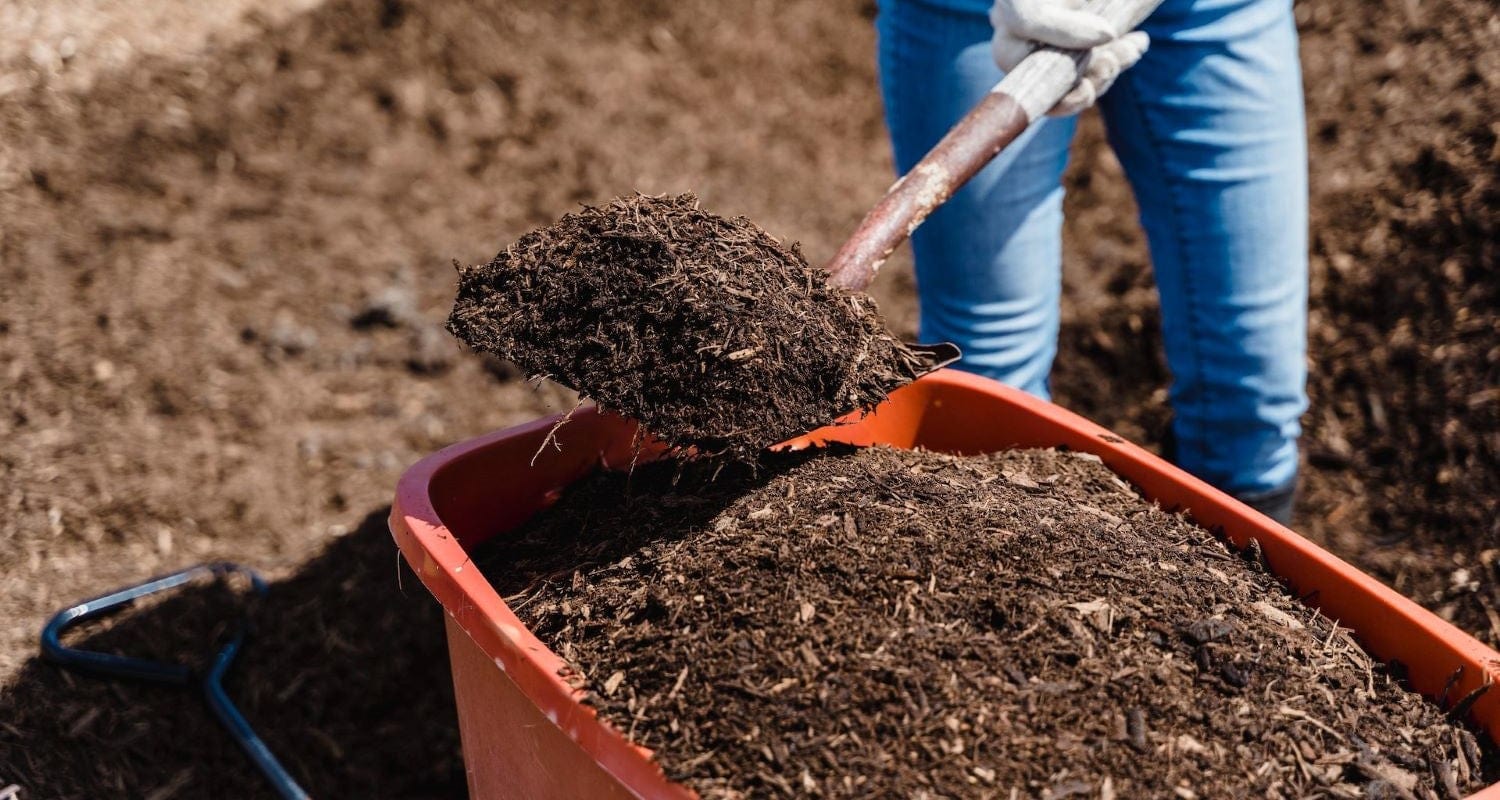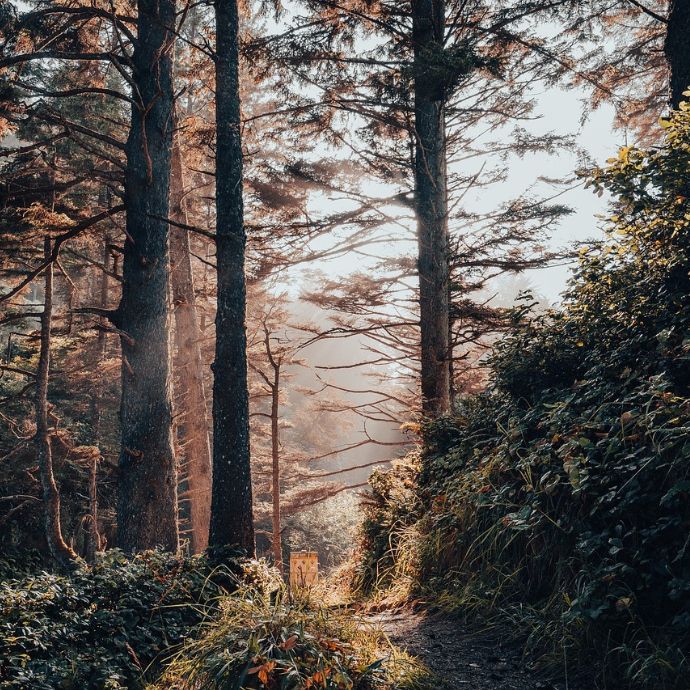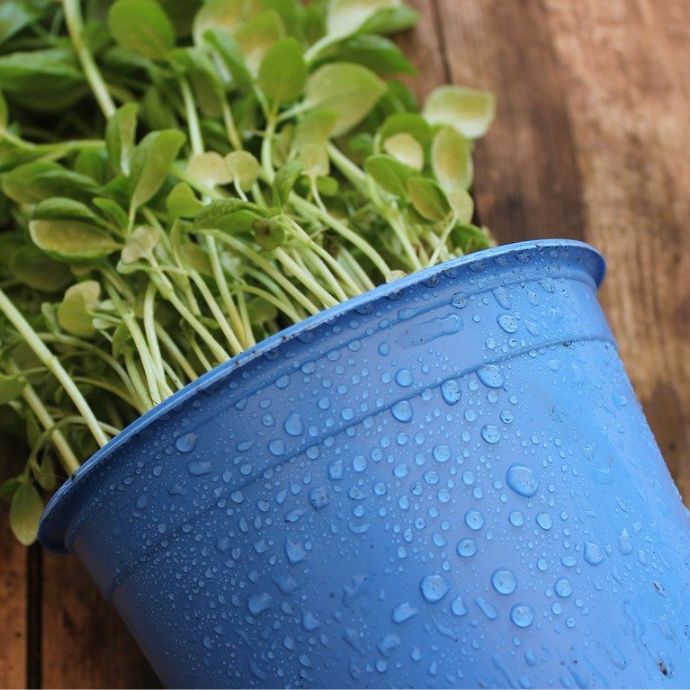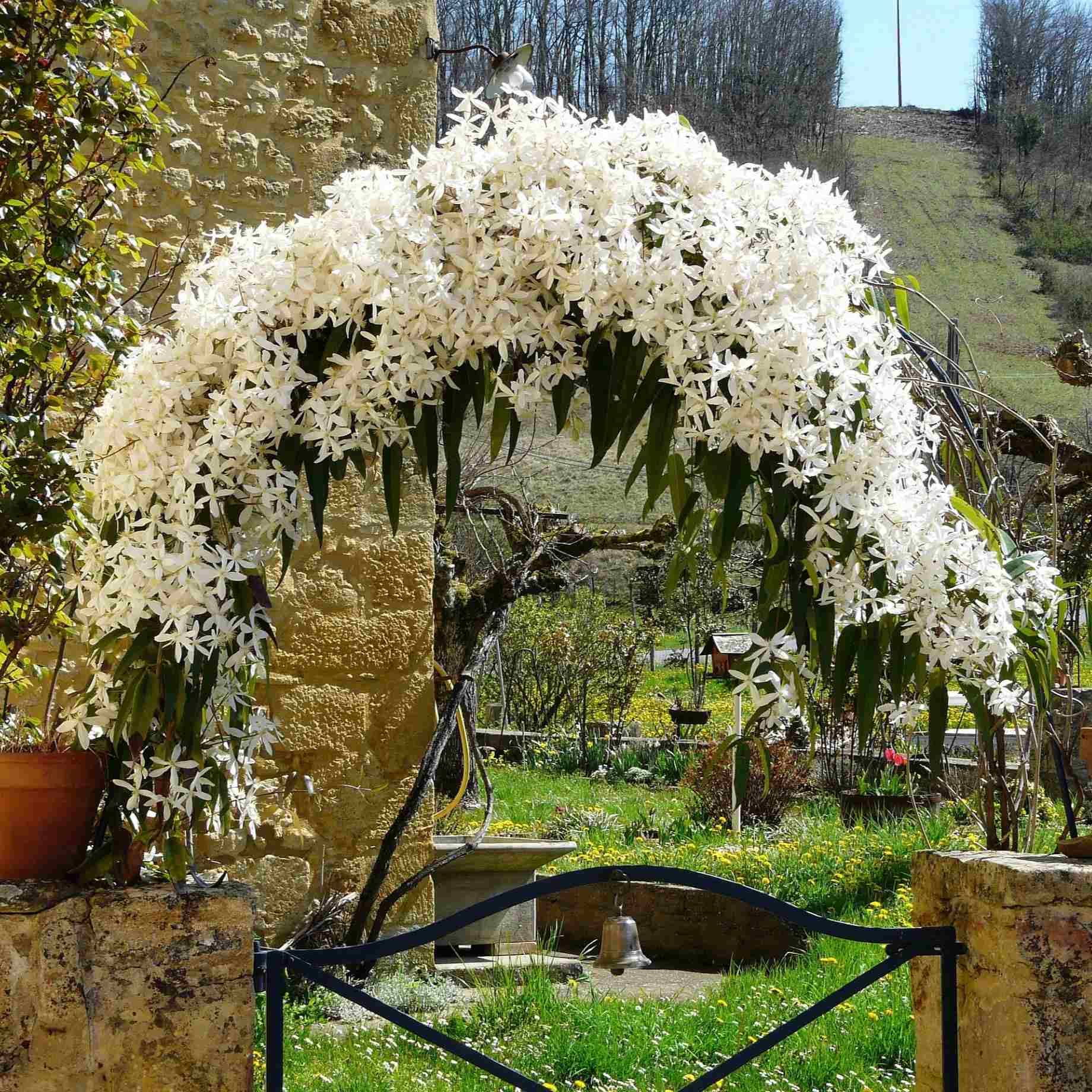Advice & Inspiration
Is All Compost the Same?

Compost is a garden essential, whether you’re potting up plants, sowing seeds or improving your soil, but when you’re faced with what seems like 10,000 choices, it can be difficult to figure out what you need.
A lot of compost is basically the same and most plants will be fine with a multipurpose compost. Some plants do need different nutrients, textures or PH levels to achieve the best results, and you can add those to a more general compost yourself, or opt to buy a specialist blend.
This guide will help you to choose the right compost for your plants.
Multipurpose/All purpose compost
Multipurpose compost is enriched with all the nutrients that most plants need to grow. It can be used for growing seeds, potting on plug plants, planting containers and filling new flower beds. Mix some compost into the soil whenever you plant a tree or plant in the garden, to provide it with the nutrients it needs. There is little difference between brands, but make sure it's new stock as older compost may have dried out and will have fewer nutrients.

Image source: Wikimedia.
Pots and containers
You can use any compost which isn’t too heavy - again, multipurpose is fine. You’ll see ‘container and hanging basket compost’ sold, which is enriched with slow release fertiliser and water retaining granules - although you can add your own, this can be a more convenient way of making sure your plants have all they need. Top dress your pots every year by adding a layer of fresh compost to keep the plants nourished.
Acid-loving plants
These include blueberries, rhododendrons, gardenias, camellias and azaleas. These plants really do need an acidic soil and most composts are PH neutral, so you’ll need to buy ericaceous compost.

Houseplants
You might see ‘Houseplant Compost’ sold - this isn’t a special type of compost, but refers to the size of the bag. It’s sold in small amounts for people who only need to pot one or two houseplants, but any multipurpose compost will do the same job.
Who is John Innes and what's the deal with his compost?
You'll see the name on bags of compost, but John Innes isn't a brand - he was a 19th century philanthropist who founded a horticultural research institute. The composts named after him are soil-based recipes formulated for propagating seeds (1), potting on seedlings (2) and mature plants (3), with fertiliser content increasing from 1-3. Alternatively you can use multipurpose compost and increase the levels of fertiliser as the plants grow.

Homemade compost
Homemade compost is perfect for use as a surface mulch or for digging into the soil to fertilise your plants. Making your own can be a very economical option, but there are a few basic rules you need to follow.
If you want to learn how to make your own compost out of garden waste and food waste from your kitchen then read our expert guide.
Compost should ideally be used within a year, while the nutrients are still active. Store leftover compost in a dry place with the top rolled down to keep out insects and weeds - alternatively, dig it into your garden to give your soil a nutrient boost! You can also re-use it the following year by mixing in some fertiliser.














